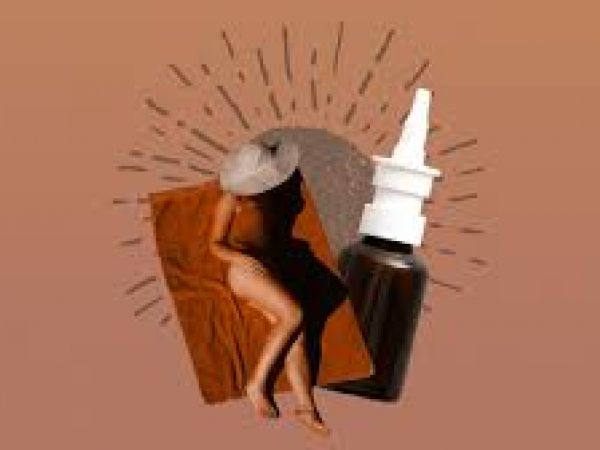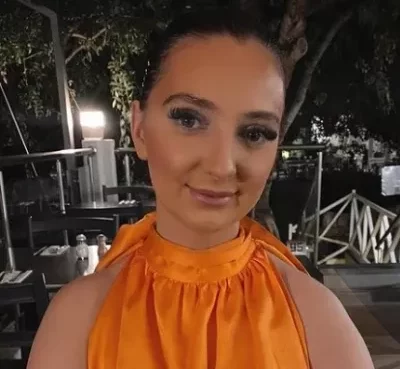The viral tanning nasal spray from TikTok is the newest beauty trend. Self-tanning firms are extensively pushing the product on the video-sharing network. Before tanning sessions, users inhale these tanning sprays to stimulate melanin formation in their skin and lower the risk of sunburn.
However, skeptics on the internet have raised concerns about the spray’s safety, and professional comments only add to their concerns. What are tanning nasal sprays, exactly? Natalia Radosz, the proprietor of a spray tanning service, explains:
“Tanning nasal sprays are melanotan or tyrosine-containing sprays. Melanotan is an uncontrolled substance that promotes melanogenesis. Melanin is created in the skin by this mechanism.”
What Are The Risks Of Using Tanning Nasal Sprays?
Almost every skincare professional is outspoken in their opposition to these tanning nasal sprays, pointing out that the FDA has not authorized them for inhalation via the nose or mouth. Several dermatologists have expressed their concerns about this product on the internet, calling it a hazardous trend. In a TikTok video, dermatologist Lily Talakoub said:
“Even if you believe it would make you tan, don’t attempt it.” It has the potential to produce nausea, vomiting, and other serious adverse effects. This can be quite harmful to your health.”
The FDA has only allowed dihydroxyacetone for use on the skin, which is the major component in self-tanning products. Experts say that because self-tanners were never intended to be breathed, their safety is in doubt.
The nasal tanning sprays, according to Adam Friedman, chair of dermatology at George Washington University School of Medicine and Health Sciences:
“It’s just a disguise.” It wouldn’t make sense because of how self-tanners operate. Who knows what such chemicals might do to the interior channels of the nose at a different anatomical location. There’s no way this is going to work. It has the potential to be harmful.”
He went on to say that these nasal sprays can cause discomfort at best but can also cause acute or long-term harm in the worst-case scenario. According to Dr. R. Peter Manes, a rhinologist at Yale Medicine, nasal medication usage can impair one’s sense of smell and be toxic to the cilia.
Lauren Primrose, a Glasgow-based TikTok star, also revealed her harrowing encounter with a tanning nasal spray she was contacted to endorse. She had a burning feeling in her nostrils after the first application, which made her feel ill. She did, however, keep using the product for another eight weeks before discarding it.
When it came to her personal tanning practices, Primrose had this to say:
“I still use sunbeds, but I’ve stopped using nasal sprays because of the adverse effects; always be cautious about what you put into your body.”
These tanning nasal sprays are meant to be breathed before being exposed to UV radiation without protection. Due to the multiple hazards of “skin cancer, UV damage, wrinkles and lines, and pigmentation,” according to Dr. Gary Goldenberg, Founder of Goldenberg Dermatology, this is never suggested. Instead of utilizing these potentially dangerous nasal sprays, the doctor advised using self-tanning sprays or lotions.




